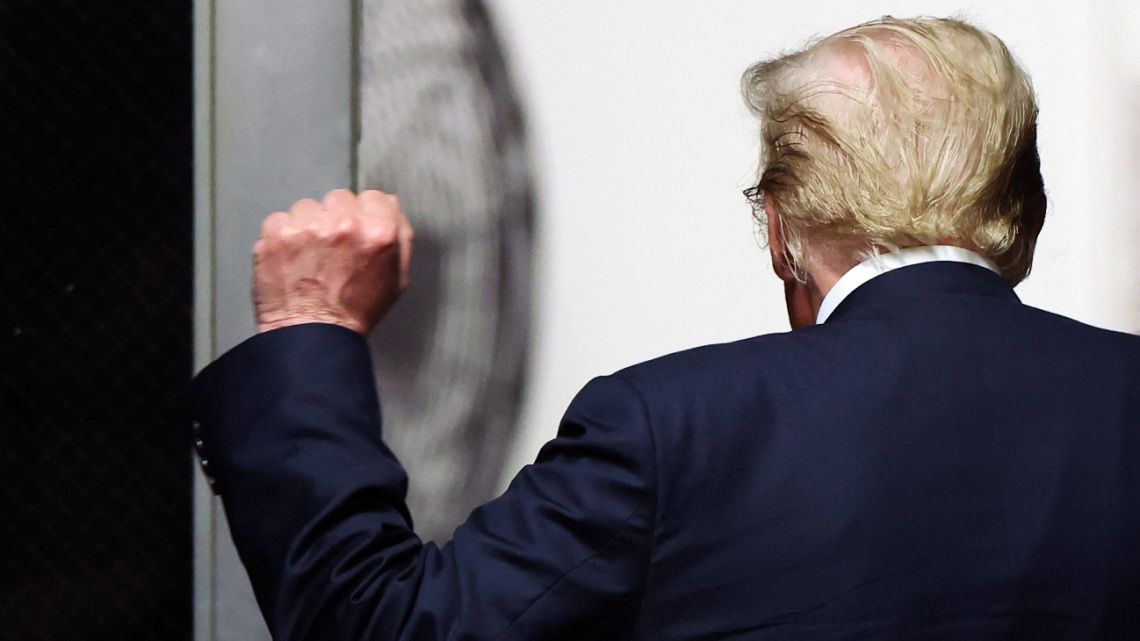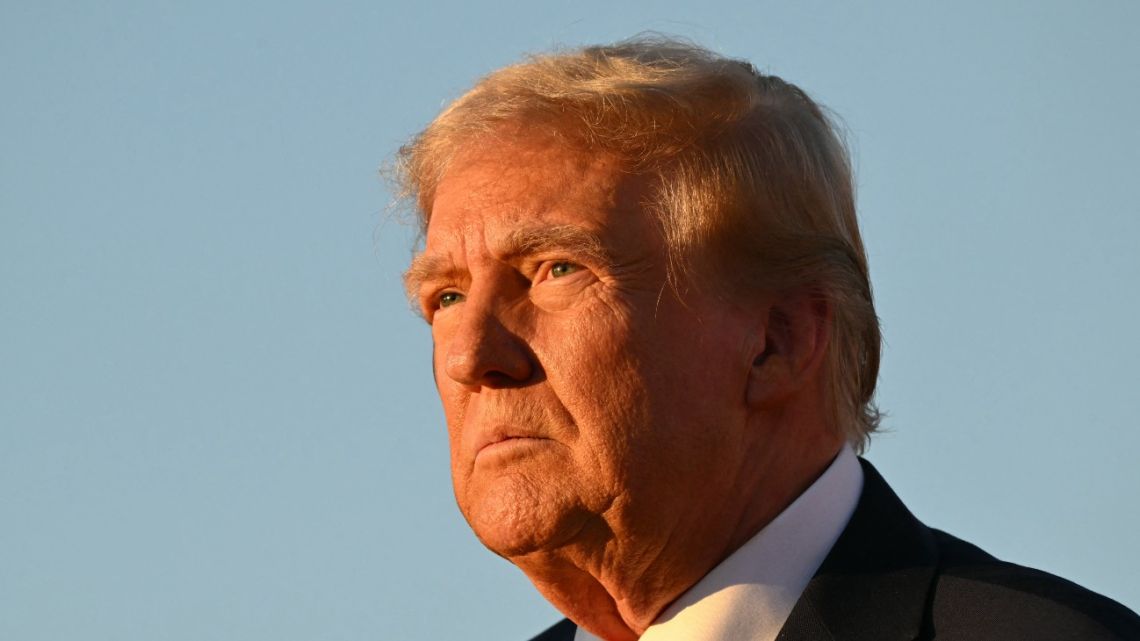The Brazilian government has revoked a controversial measure to monitor Pix transactions. This decision came after widespread misinformation about alleged taxation of the popular instant payment system.
Finance Minister Fernando Haddad announced the move on January 15, 2025, according to reports from major Brazilian news outlets. Pix, Brazil’s instant payment system, has seen explosive growth since its 2020 launch.
The system processed over 42 billion transactions in 2023, valued at $3.3 trillion. Four out of five Brazilian adults now use Pix regularly. Its popularity has even surpassed traditional payment methods in some sectors.
The now-revoked measure required financial institutions to report Pix transactions exceeding R$5,000 for individuals and R$15,000 for businesses. This expanded oversight aimed to combat tax evasion and illicit activities.
However, false claims about new taxes on Pix spread rapidly on social media, causing public alarm. The government’s swift reversal highlights the power of misinformation in the digital age.
 Brazil Revokes Pix Monitoring Rule Amid Fake News Storm. (Photo Internet reproduction)
Brazil Revokes Pix Monitoring Rule Amid Fake News Storm. (Photo Internet reproduction)It also underscores the challenges of implementing financial regulations in an era of instant communication. The incident has sparked debates about the need for clearer public communication strategies.
Brazil’s Response to the Pix Controversy
Haddad emphasized that the government never intended to tax Pix transactions. He announced plans for a new Provisional Measure to reinforce the free and confidential nature of Pix.
This move aims to restore public trust in the system and combat ongoing misinformation. The Pix controversy comes at a time of broader debates about digital rights in Brazil. The government recently clashed with tech giants over content moderation policies.
However, these events highlight the complex interplay between technology, regulation, and public perception in modern democracies. As Pix continues to reshape Brazil’s financial landscape, policymakers face a delicate balance.
They must address legitimate concerns about financial oversight while preserving the system’s accessibility and popularity. The government’s response to this incident may set important precedents for future digital policy challenges.

 By The Rio Times | Created at 2025-01-16 10:47:59 | Updated at 2025-01-16 13:59:38
3 hours ago
By The Rio Times | Created at 2025-01-16 10:47:59 | Updated at 2025-01-16 13:59:38
3 hours ago








